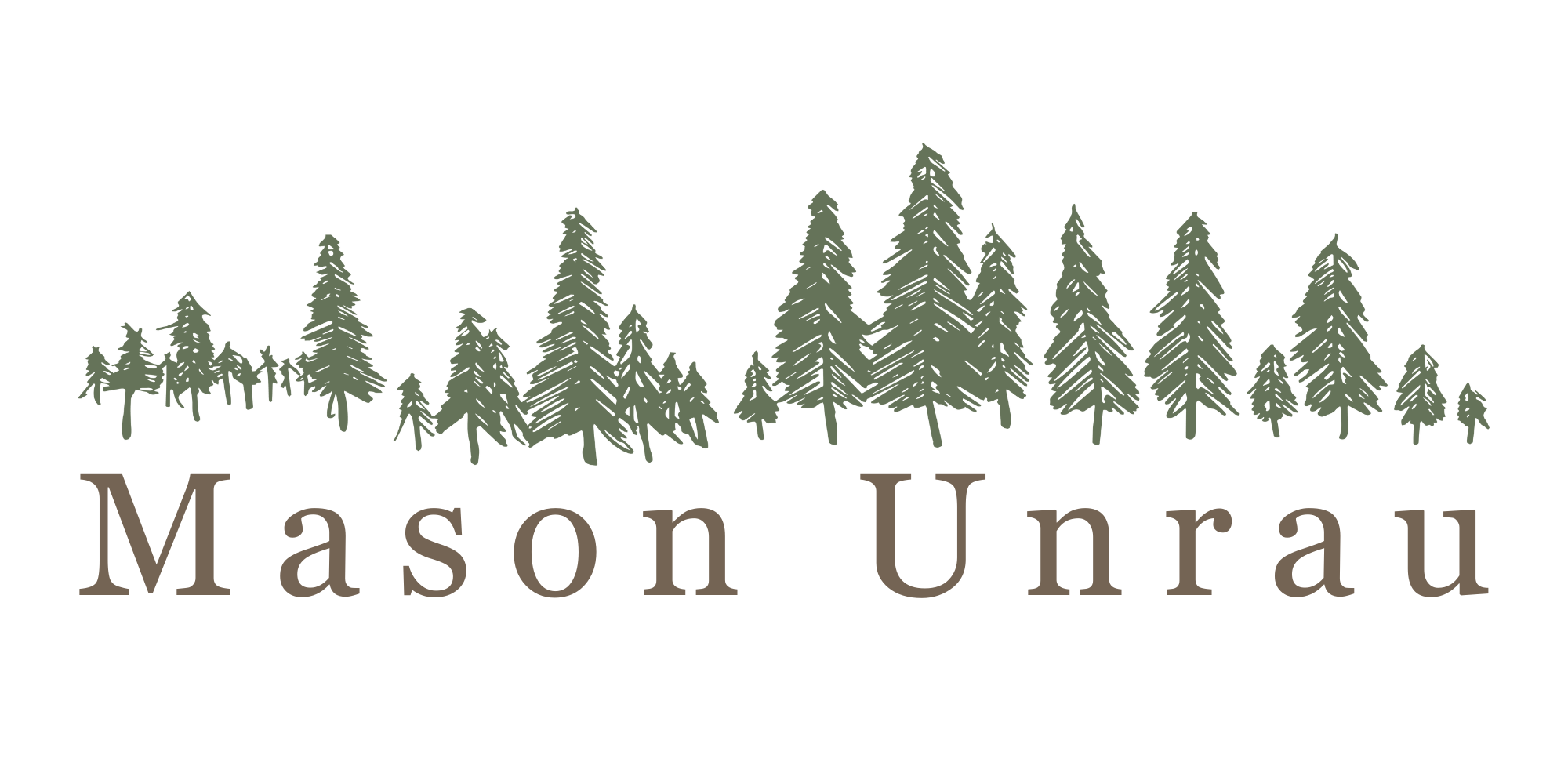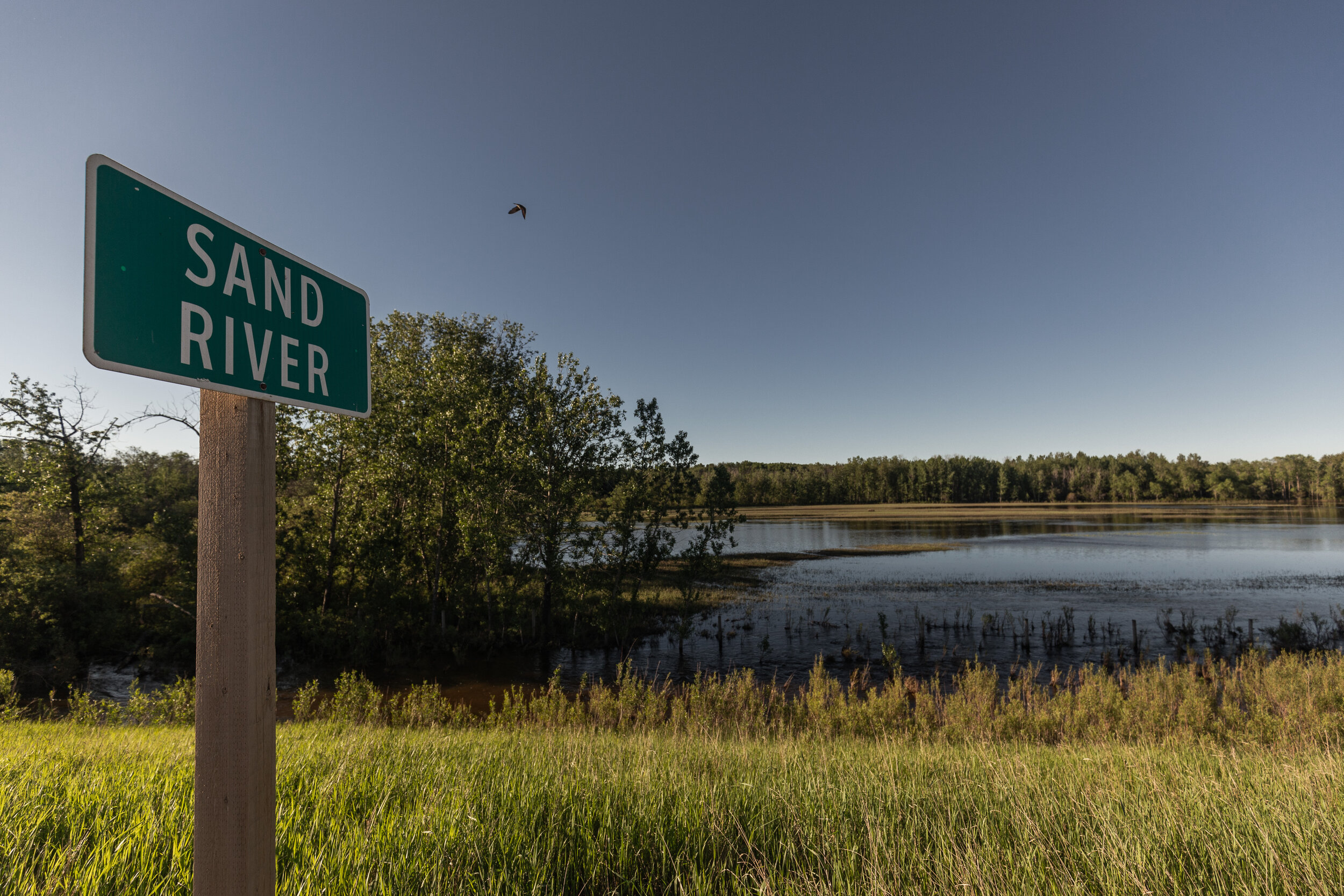Concerns Within A Homeland.
“Our western, disembodied philosophy around food has resulted in failing farmers, ethical betrayals to workers, ecological degradation, and an entitled culture unwilling, or worse, incapable of producing goods that reflect our land and culture”
I've expressed my thoughts around the idea of homeland repeatedly and I will likely continue to ponder its significance until I find a location where I can once again extend roots of permanence. Since leaving Bonnyville, I have not stopped missing the people and familiarity it possessed. The time away forces me to explore what it may look like to call another land and community home. Whitehorse has provided us with an abundance of work opportunities, which I am grateful for, however, some barriers prevent me from seeing it as a long-term place to establish a life.
For those of you who are from the Canadian north, you are familiar with the numerous challenges daily life presents. Modernization and technology have provided many industrial conveniences but I continually ask, at what cost? The cost, for those who are unfamiliar, is immense. Food security is a paramount concern and affordable housing is another constraining issue many locals are grappling with. The economic divide is a worrisome factor that I only see becoming more polarized as increased luxuries become available to the wealthy who can afford them.
I should intercede in this list of qualms to express that these concerns are probably exacerbated for a few reasons. Primarily, there only being a brief 72 growing days and here I sit with 2'-3' of snow blanketing the ground. I'm already missing out on planting in the new community garden in Bonnyville along with growing alongside my friends Trevor and Amy. On top of that having a growing season that is at least 32 days shorter feels quite unfair. I understand that this is not a big deal to many of you but I digress.
During my pondering of various homeland qualifying attributes, I face a perplexing dilemma. My quandary is this, "How many people can be sustained in the ecosystem they occupy?" In Canada, this is a question many dare not ask, due to the enormous amount of food we have imported throughout the winter season. The global food system would also prefer this question to go unanswered and for the continuation of kiwi's from New Zealand, or avocado's from Mexico, or grape's from France, or mango's from Thailand to be unquestionably consumed in the middle of winter. I would love for you to consider how absurd this is.
In the North, it is an embarrassing reality that the vast majority of food is from another land. The Boreal forest can provide an abundance of foraged sustenance, although the current population concentrated in Whitehorse far exceeds what the land has to offer in the region. Indigenous people and the residents who are wealthy enough to have access to killing wild animals for meat seem to be on the right track of finding significant amounts of nourishment on the land. My concern with this then extends to the ethical realm of a need to kill other beings to eat, which I may make an exception in certain ecosystems. I should also mention there seems to be a hearty farming community here, however, due to the influx in population in the last two decades, their produce makes up a minute portion distributed back to Yukoners. Farmers here also face a plethora of challenges, such as the need to clear-cut and remove dense forest before working the land, poor soil conditions, previously mentioned short growing season, difficulty accessing equipment and supplies and surely many more I'm unaware of. I cannot speak too extensively on the local predicaments in food security because of my newness, but as I hoped to highlight, there is rightful cause for long-term and immediate concern.
Our western disembodied philosophy around food has resulted in failing farmers, ethical betrayals to workers, ecological degradation, and an entitled culture unwilling, or worse, incapable of producing goods that reflect our land and culture. Many places have a dying glimmer of self-sufficiency found at their farmers' markets but even that hope is fleeting. As one who desires integration into a culture and land, I yearn to discover a home that can provide sufficiently for myself and the community around me.
I would be interested to hear if or how you are participating in ensuring the longevity of your community or if you have thought about what predicaments are in your homeland? The images included are from a canoe trip down the Beaver River. Here is a short excerpt I wrote in the LICA Summer Newsletter last year:
"Meandering through farmland, Boreal forest, and prairies the Beaver River is a picturesque gem usually experienced only through fleeting bridge crossings. This summer an opportunity to canoe a portion was presented by an experienced paddler and friend, Les Parsons. We began where the Beaver River crosses Highway 36 for the last time and finished at the Amisk and Beaver River confluence. Only a week after historical record-breaking high-water levels the river had already dropped a meter. Throughout the peaceful paddle, we were serenaded by countless birds and canoed by dozens of beaver dams and lodges. From our observations, the ecosystem appeared to be healthy and benefit from the influx of water. Below are images were taken throughout the 10 hour day."












































